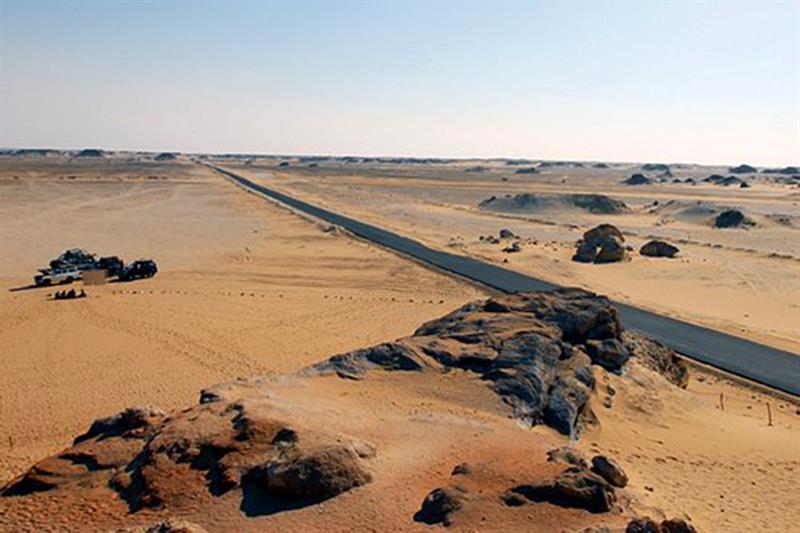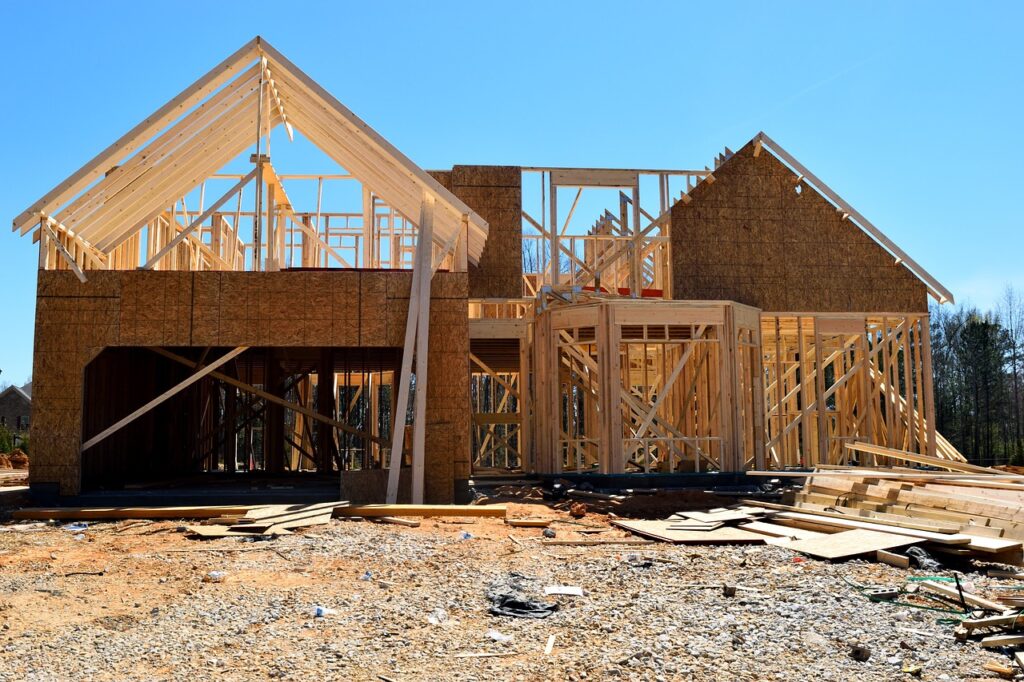The Egyptian House of Representatives has recently passed a new law permitting the sale of lands located outside urban areas, specifically desert lands, to foreigners in US dollars, in a bid to bolster the North African country’s foreign investment.
Boosting foreign reserves
The plots of land that the government offers to be purchased are located in the cities of New Damietta, 10th of Ramadan, Shorouk, Sheikh Zayed, Obour, Sadat, New Borg El-Arab, New Cairo, October Gardens, Badr, New Sphinx, New October, New Sohag, 6th of October, Obour, Sadat, and New Aswan.
The decision was made following the cabinet’s approval of selling specific land plots to foreign companies in US dollars as Egypt intensifies efforts to address its severe US dollar shortage amid the unprecedented weakness of the local currency.
“The government encounters obstacles in accessing foreign bond markets,” said Financial Markets Analyst at CFI Financial Group Holding Ahmed Nashy speaking to Business Monthly, highlighting the repeated downgrades of Egypt’s credit rating by Moody’s and Fitch within less than two years.
Nashy stated, “To attain sustainable development, characterized by increased production rates, balanced trade through exports, foreign exchange generation, and job creation, the approved law aligns the investment law with desert lands. It allows both foreign and local investors to utilize desert lands for establishing projects.
He further emphasized that given the majority of Egypt consists of desert, allowing foreign investors to acquire desert land is crucial for implementing profitable projects that contribute to the country’s GDP growth.
Nashy told Business Monthly that Egypt has increasingly focused on developing desert areas in recent years, with a rise in the establishment of new towns and expansion of agricultural areas, despite over 80% of the country being desert land according to government data. However, Nashy cautioned that due to the lack of precise information regarding land buyers and the assigned regions, the economic returns from altering the rules on desert land sales remain uncertain.
He emphasized, “If the issue of multiple exchange rates for the pound is not swiftly resolved, concerns among investors about exchange rate fluctuations will persist as the primary barrier. The apprehension of significant future devaluation is likely to deter investors from making substantial investments in the Egyptian economy, as seen with previously encouraged government projects.”
Picking the right investors
Meanwhile, a real estate appraiser for over 20 years, Khalid Mahdy, expressed his belief that this decision would incentivize foreign investors to capitalize on the opportunity, especially for industrial and agricultural purposes. Mahdy emphasized that the government is committed to selecting only serious investors with clear action plans to leverage this opportunity, while also taking into account national security considerations, he said.
“This development will attract foreign investments, create new job opportunities, aid in the development of these land tracts, and support the country’s efforts to secure US dollar liquidity amid the ongoing shortage of hard currency,” according to Mahdy.
What’s on the radar?
Egypt and the International Monetary Fund (IMF) have reached an agreement on the “main policy elements” of an economic reform program, with the final deal for raising the $3 billion loan ceiling likely imminent. Media reports suggest that Goldman Sachs anticipates Egypt securing a $12 billion financing deal with the IMF.
In a surprising move, the country’s central bank raised interest rates for the first time since August, aiming to expedite progress on securing the IMF deal.
The Egyptian pound has been devalued three times since early March 2022, halving its official value to around 30.9 per US dollar. However, the IMF is still awaiting the country’s adoption of a more flexible exchange rate regime before disbursing more funds. The local currency is facing pressure due to shortages of hard currency, with the pound trading in the parallel market at a rate that’s more than double its official value.
GDP growth
The IMF has revised down its GDP forecast for the country in 2024 and 2025 to 3% and 4.7%, respectively, from the previous projections of 3.6% and 5% made in October. Furthermore, the IMF warned that the Israeli-Palestinian conflict and the escalating tensions in the Red Sea could negatively impact the country’s economy, exacerbating the inflationary pressures it is currently facing.







